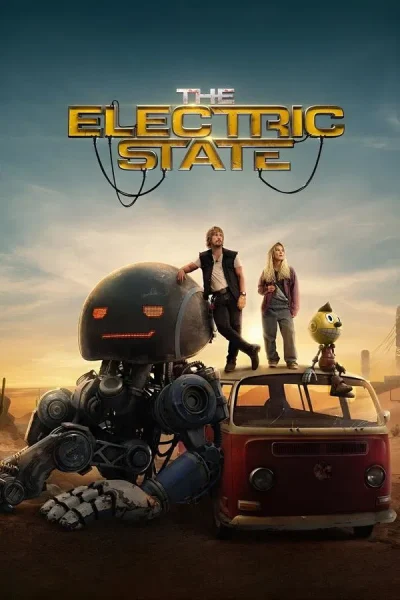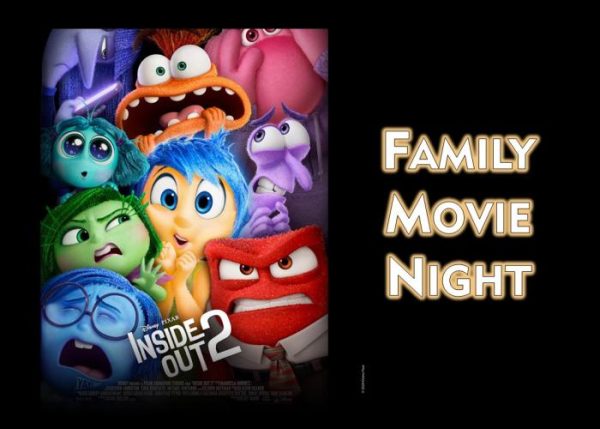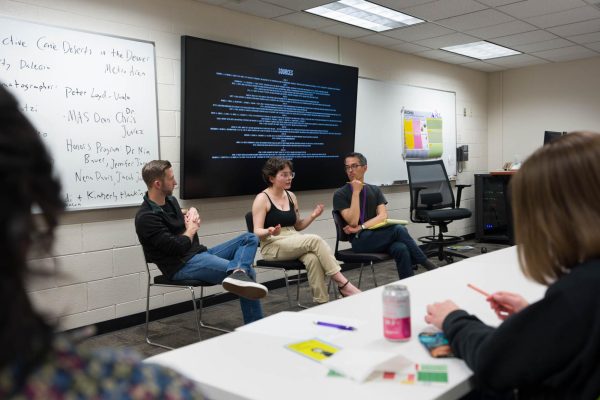Review: ‘Blade Runner 2049’ Makes Its Predecessor Proud
It’s exceptionally rare that a sequel meets the majesty and creativity of its predecessor, especially when the original film is as culturally significant as Ridley Scott’s “Blade Runner”. However, “Blade Runner 2049” manages not only to stand alone as a meticulously crafted and provocative film, it elevates the original to higher than ever before.
“2049” stars Ryan Gosling as K, a handsomely apathetic, yet layered cop who spends each day soaring around the metropolitan wasteland that is now California. He’s a Blade Runner, hunting down runaway replicants, or factory-produced ‘slaves’ that are self-aware, complete with an indistinguishable human likeness. K is a replicant himself, but he’s a new model that, despite his free will, knows to obey. In the words of his supervisor, head of the LAPD (Robin Wright), K has been doing fine without a soul.
But when our almost-human hero starts following the trail of clues towards an impossible truth, one that impacts him as much as the world, the real question finally emerges: What is real?

“Blade Runner 2049” carries some heavy ideas, but it’s their delivery that makes watching it utterly enthralling. Dennis Villeneuve (“Arrival”, “Prisoners”), directs with an impressive attention to detail; his distinct sleek cinematography is a perfect fit to revamp the neon nostalgia native to Ridley Scott’s classic. He understands that in today’s era of high-def maximalism — less is more. Clean lines meet an ominous color pallet, so even when “2049” is oppressive, it’s still visually stunning. Sure, it looks superb, but what’s on screen is only part of the experience — the sound design is some of the most impressive to date.
That brings us to the performances, most of which are executed to perfection. Ryan Gosling is the perfect choice to lead, which becomes more and more apparent as the story unfolds, and Harrison Ford’s second portrayal of Rick Deckard happens to be his most intense enactment in decades (even though he probably could have skated by with little effort, i.e. “The Force Awakens”). And although Jared Leto’s villain is ultimately flat, his replicant assistant, Luv (Sylvia Hoeks), is a terrifying blend of emotion and ferocity that repeatedly chases viewers to the seat’s edge.

The themes of Scott’s “Blade Runner” – an adaptation of “Do Androids Dream of Electric Sheep?” by Philip K. Dick – are carried into “2049”, but they don’t weigh it down. Instead, the writers chose to draw influence from outside as well, pulling from everywhere from classic literature to recent films such as “Her”. The subplots, like K’s similarly artificial girlfriend (Ana de Armas), aren’t a distraction, but add layers to the already-complex world.
“2049” doesn’t spoon-feed you, but there’s plenty of time to connect the dots. You’ll be surprised; you’ll be entertained; but after the credits roll, you might look around and see that the real world is unsettlingly similar. Augmented reality is here (albeit not holograms exactly), and sophisticated AI is now an inevitability rather than a distant dream.
But what “Blade Runner 2049” shouts is that it’s all about perspective. When K asks whether Deckard’s dog is real, he replies, “Ask him.”
Check out the trailer below, then grab your tickets.












Andrew • Oct 13, 2017 at 9:04 pm
Nicely done, makes me want to see them both again!